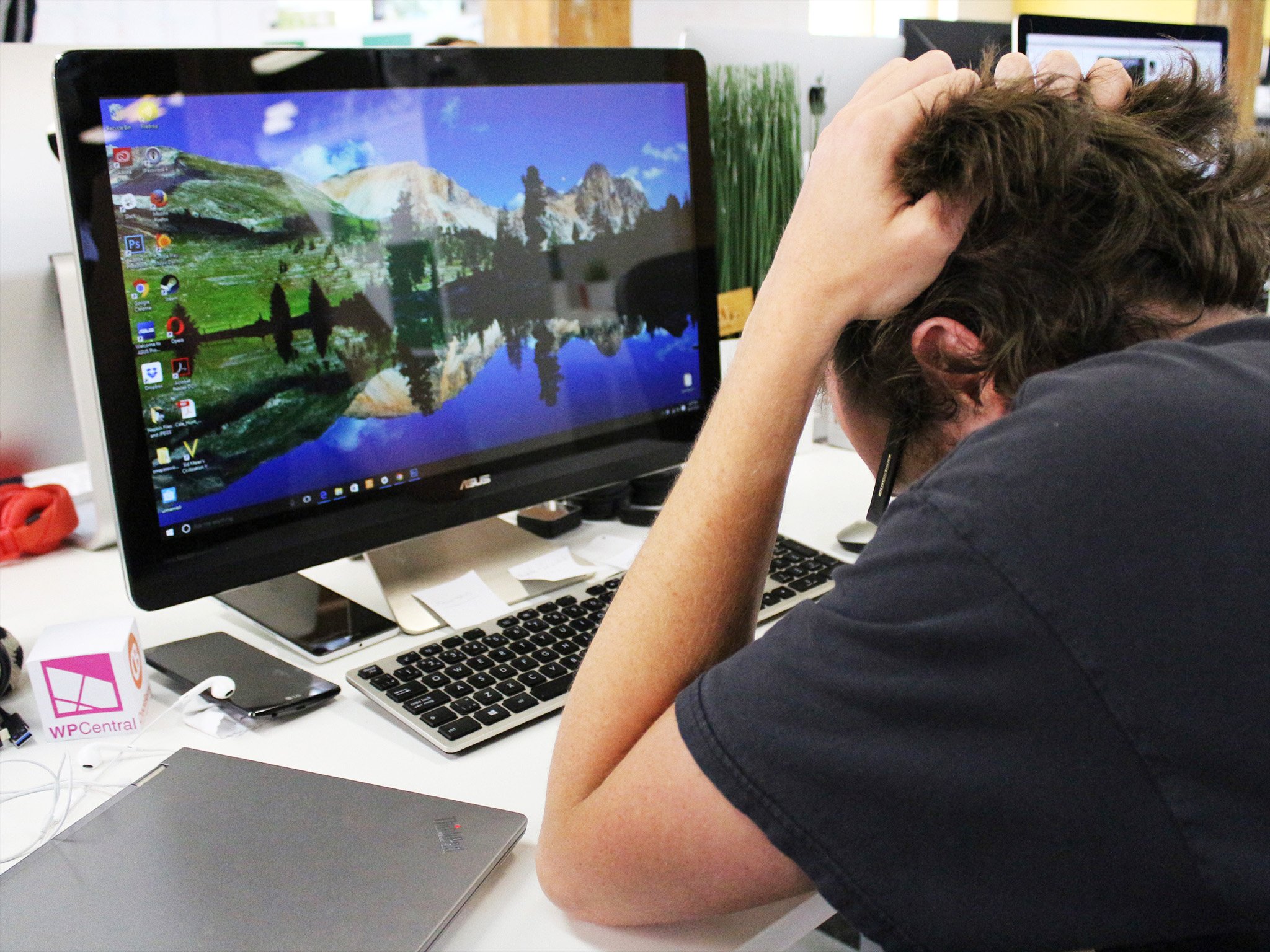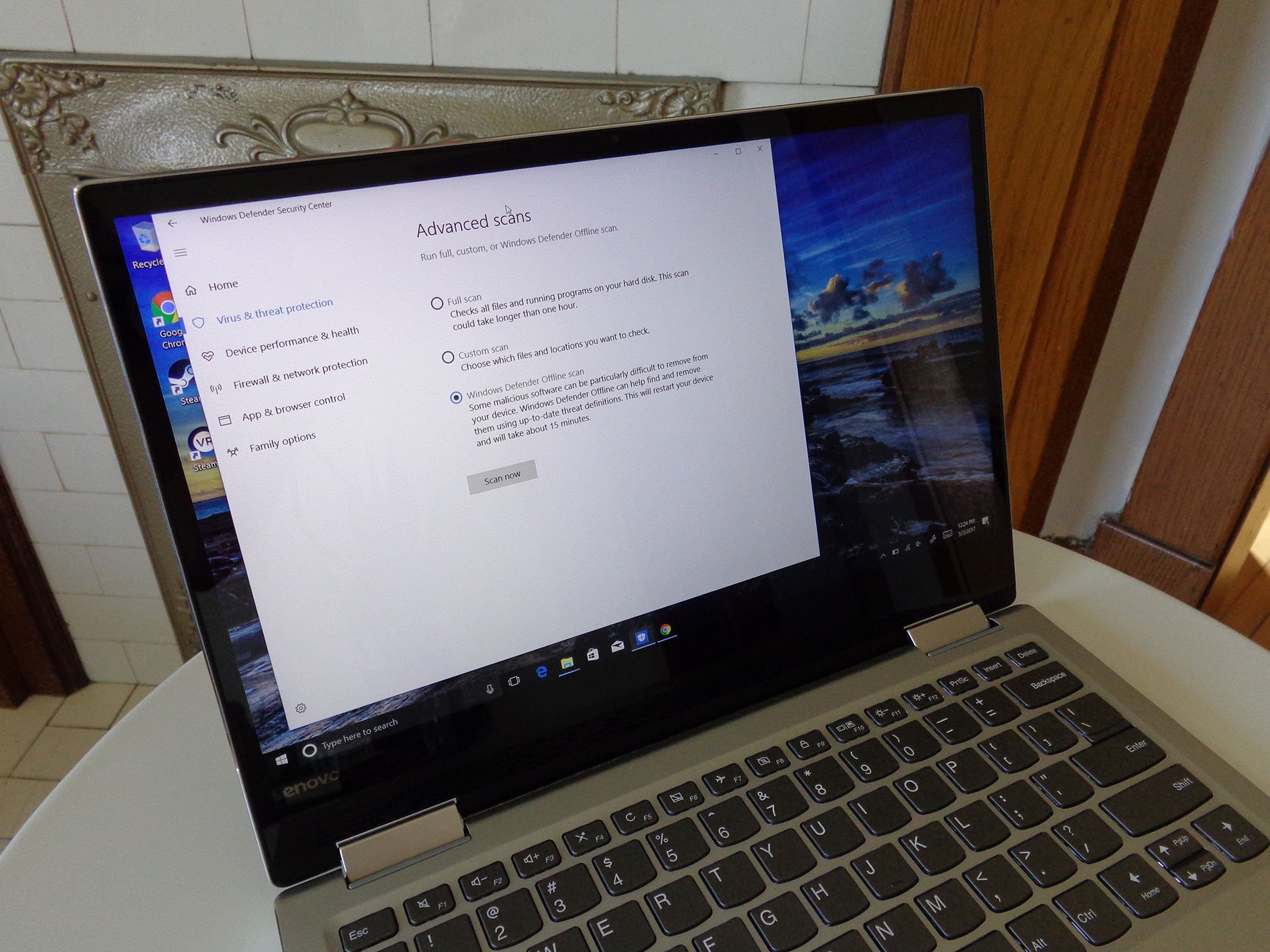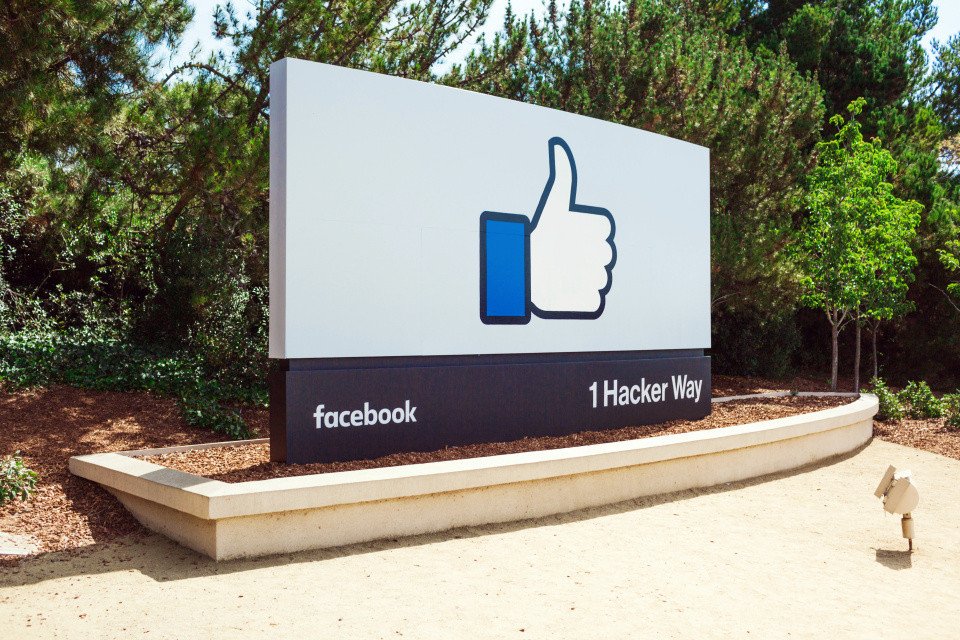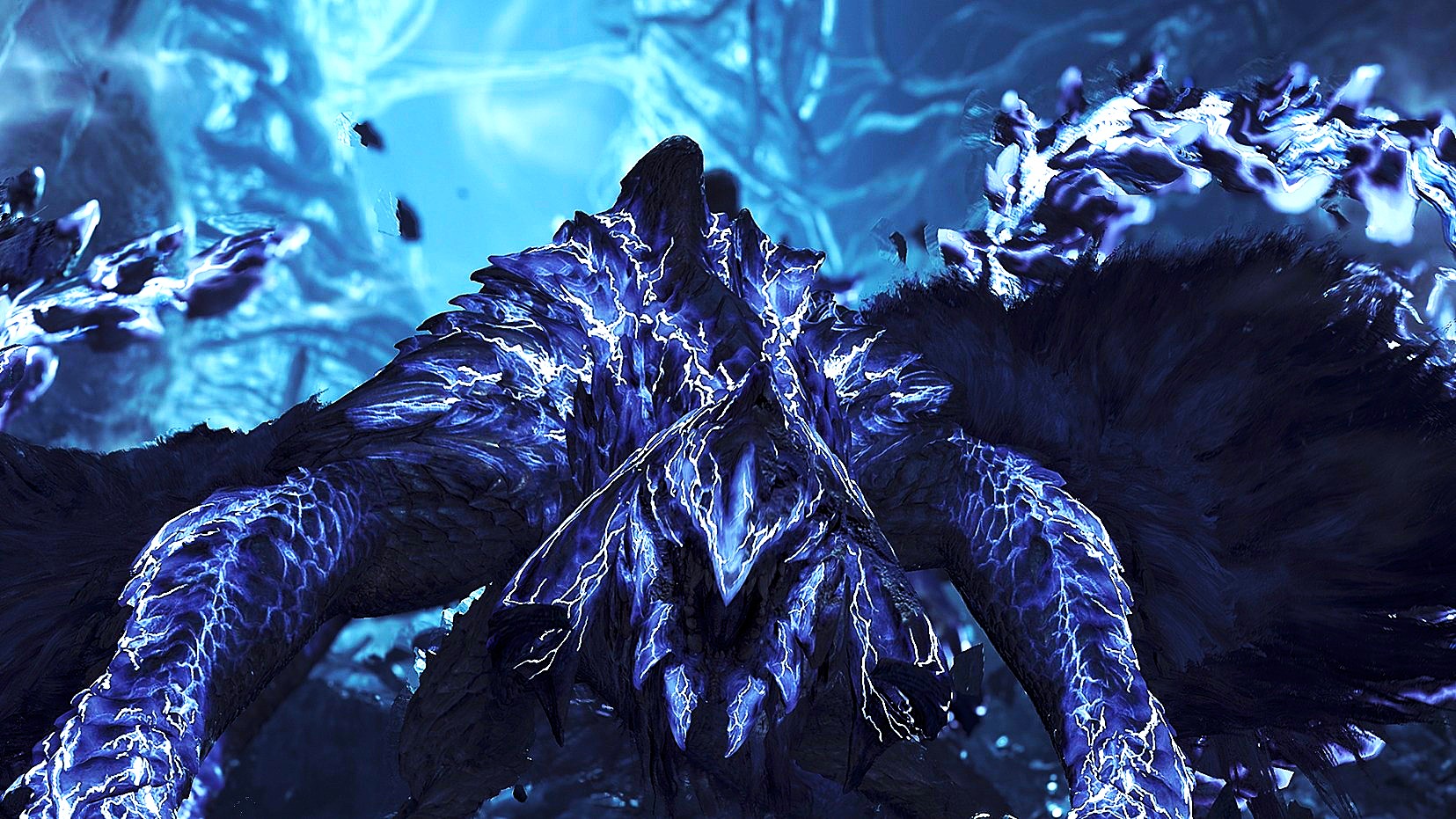How to tell if your PC has been hacked

All the latest news, reviews, and guides for Windows and Xbox diehards.
You are now subscribed
Your newsletter sign-up was successful
The internet is a massive, wonderful place that has changed the way we live. While most of us go about our business without thinking of harming anyone else, others would like nothing more than to infect your Windows 10 PC with malware or hack their way into your life to steal sensitive information. If you think you might be in trouble, have a look at these telltale signs, as well as some things you can do about them.
How to tell if you've been hacked
While we won't get into the nitty-gritty of cybersecurity, it's good to keep these signs in mind. If you're experiencing any of these issues, there's likely some form of malware on your PC, or your accounts have been compromised.
You're sending friends spam email
No one likes receiving spam, especially if it's from a close friend or colleague. You might not notice that there are a ton of messages going out, but if someone tells you that you're bombarding them with spam, your PC is likely compromised. Let them know that they should not open any messages from you for the time being, and they shouldn't click any links.
You're locked out of your user accounts
Whether online or local, finding that you're locked out of your user accounts is a big sign that you've been compromised. This most likely has to do with a phishing scheme, where someone spoofs a legitimate service to get your credentials. With the case of online accounts, notify the service and let them know that you believe you've been hacked. You'll also want to change all of your other passwords, because they could have been compromised, as well.
If you notice that your local passwords have changed, it's time to run your antivirus software and hope it can catch whatever's infecting your PC.
Your antivirus is no longer running
Did Windows Defender or whatever third-party antivirus you use stop running on its own? Check for any issues (like an update being seriously required), but know that this is usually a clear sign that your PC has been infected. Likewise, if you can't get into your Task Manager, you know it's time to get busy removing the malware.
Your PC has new software installed
Are you noticing some weird programs in Task Manager that run when your PC boots? Do they often hog resources? Do they frequently request permission to pass through your firewall? These programs might have been included with other software you downloaded and might installed secretly when you installed something else.
All the latest news, reviews, and guides for Windows and Xbox diehards.
If you're suspicious that some programs running on your PC shouldn't be there, check out Microsoft's Process Explorer to see exactly what each program is doing and why it's running in the first place.
You're seeing malicious pop-ups
One of the most horrifying views you can have on a PC is a browser that's absolutely jam-packed with extra toolbars. While the major browsers have done a decent job of weeding out the worst offenders, a lot still get through, especially on PCs with users who don't understand the danger.
If you're constantly seeing shady pop-ups while browsing, or you're being redirected to strange websites when clicking links, check to see if your browser has extra toolbars installed that you don't remember adding. Remove them, run your antimalware software, and test things out.
Your PC has slowed to a halt
Has your PC lost some of its legs? Does it take forever to boot Windows and load programs? Are you ready to tear your hair out? A PC taking a serious hit to performance in a short amount of time usually means it's busy doing other things, like serving the malware that's infecting it.
You can try these tips for boosting performance, but if the decline was seemingly overnight, you're likely dealing with a larger issue.
Your network activity has gone through the roof
This is a problem that's especially damaging for anyone on a metered internet connection. No one wants to go over their data limit, but malware could not care less. If you receive an alert from your ISP that your network activity has exceeded its limit and you know you didn't do anything out of the ordinary, your PC is likely working for someone else.
Use our guide to managing wireless networks to monitor and determine whether or not your PC is making malicious connections.
Your social media accounts are posting on their own
Has your Facebook account been especially active lately? Have you not personally logged in in weeks? Similar to the spam email problem, your friends on social media services might be seeing you post malicious links or strange advertising.
If you get a heads-up that your account is doing things that you didn't know of, you'll want to change your passwords and let people know to ignore any messages or requests for the time being. It's also important to reach out to the service to let them know that your account has been compromised.
Your mouse cursor is doing its own thing
If your mouse cursor is seen moving around your display, clicking on programs or links, things are probably pretty bad. Your PC is likely being controlled remotely, and at that point, it's time to burn it with fire. Or at least perform a complete reset of Windows. Hope you have some backups handy!
What to do if you've been hacked
Most of the above signs — unless only a certain account was compromised in a phishing scheme — mean it's time to either remove malware with software or completely reset your PC using backups, to get to a point before the infection occurred.
There are already plenty of articles written on Windows Central that can not only help you deal with removing malware, but also help you prevent it from ever happening.
Prevention
- 9 best ways to keep your PC secure
- 7 tips to keep your Windows PC protected against malware
- How to make Windows 10 more secure by using a standard user account
- Best antivirus software for Windows 10 in 2018
- What's the difference between an antivirus and anti-malware?
- Best free antivirus alternatives to Windows Defender in 2018
- Best VPN services in 2018
Removal
Recovery

Cale Hunt brings to Windows Central more than nine years of experience writing about laptops, PCs, accessories, games, and beyond. If it runs Windows or in some way complements the hardware, there’s a good chance he knows about it, has written about it, or is already busy testing it.


